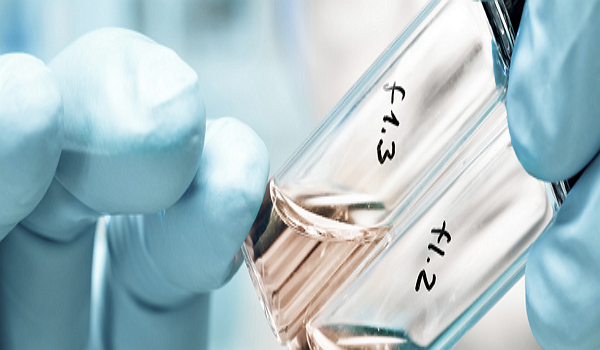Huons Lab said Tuesday that it would develop a biosimilar of the osteoporosis drug, Prolia (ingredient: denosumab), with PanGen Biotech’s cell line culturing and purification technology.

Under the accord, PanGen Biotech will transfer related technology to Huons Lab to develop antibody treatment for osteoporosis and bone loss in cancer patients.
The companies signed the deal to promote a synergetic effect by using the transferred culture and purification process technology to new bio drugs and biosimilars under development.
Prolia is a drug that prevents bone destruction by binding with the protein known as RANKL and inhibits the formation, function, and survival of osteophage. It is used to increase bone density to help treat patients with osteoporosis.
The Prolia market grew to about 5.7 trillion won ($5.13 billion) worldwide last year, and the domestic sales in the second half of 2020 were 54.9 billion won.
Cortellis, a healthcare research company, expects the global Prolia market to expand 3.8 percent annually to 7 trillion won by 2024. The patent for Prolia ends in 2025.
“We are pleased to introduce PanGen Biotech’s excellent technology to produce recombinant protein and develop, and process cell lines,” Huons Lab CEO Kim Wan-sup said. “We will speed up Denosumab’s advance to the domestic and global markets.”

